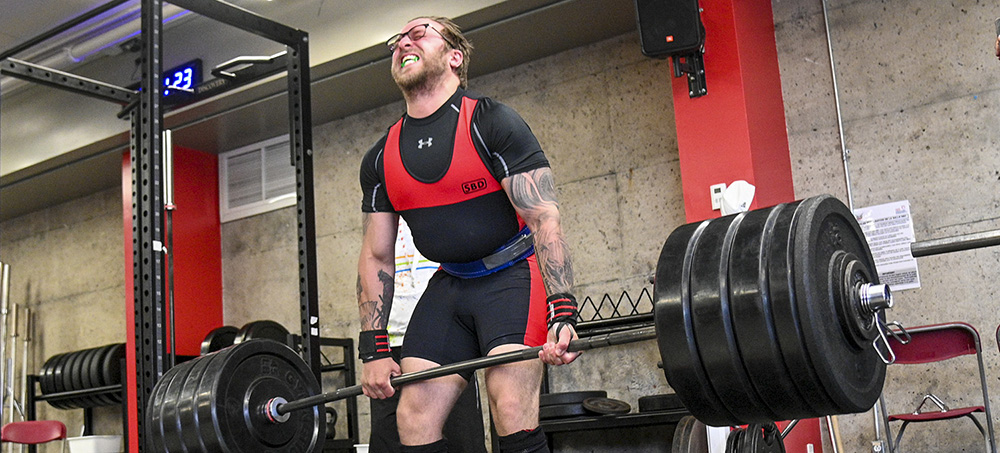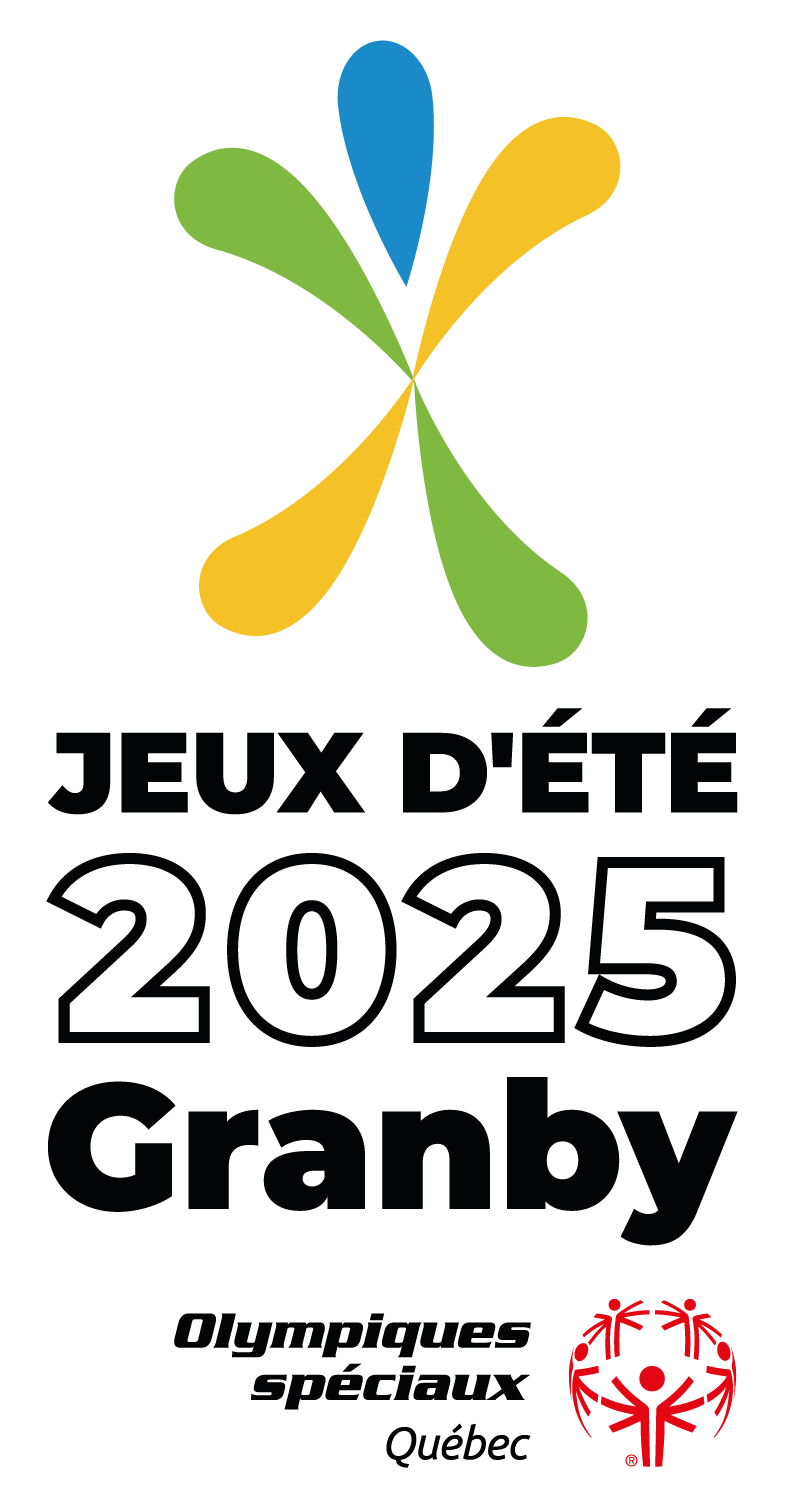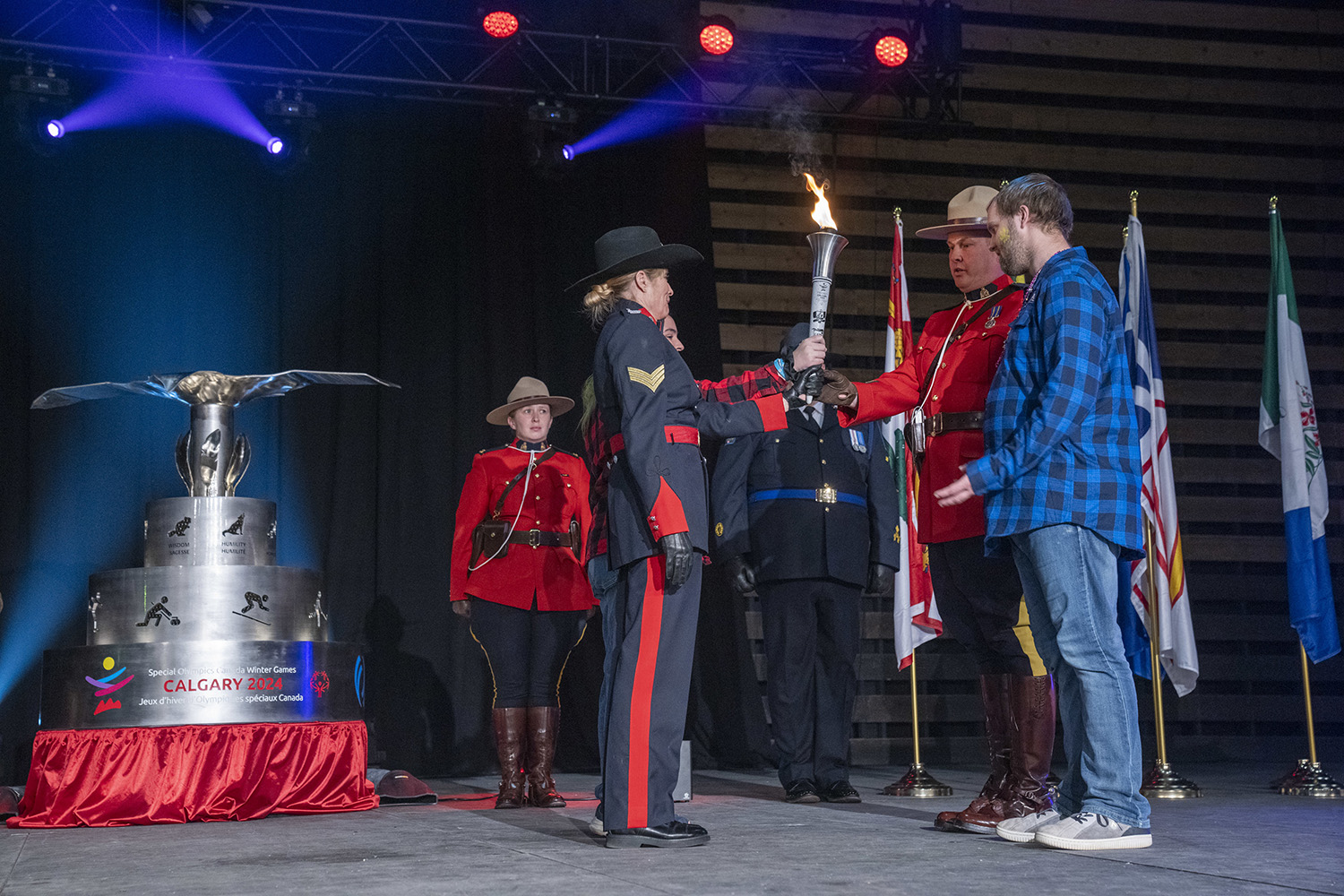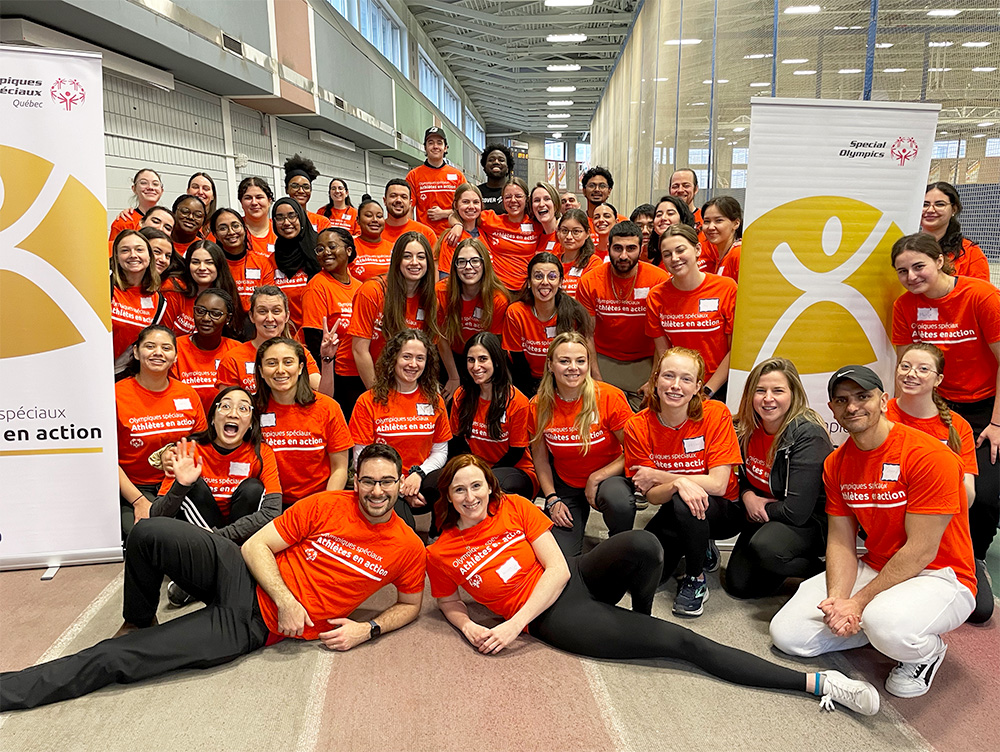
A little history
In 1968, with the help of the Kennedy Foundation, Dr. Frank Hayden organized and directed the first Special Olympics Games in Chicago, USA. The Special Olympics movement was born. In Canada, the first Special Olympics Games were held in Toronto in 1969 and attracted 1,400 Canadian athletes.
Special Olympics Québec was founded in September 1981 by Noëlla Douglas.
Through Special Olympics activities, athletes realize their potential and develop their confidence through sport and competition. The movement is founded on human, social, individual, and collective elements. Special Olympics Québec aims to improve quality of life, primarily through the Healthy Athletes program, which supports athletes in managing their health.
In addition to sports geared to people with intellectual disabilities, Special Olympics offers various opportunities for social inclusion. For example, Unified Sports brings together people with intellectual disabilities and people without intellectual disabilities on the same team.
Throughout the year in Quebec, thousands of athletes with intellectual disabilities, supervised by close to 1,500 volunteer coaches and support staff, train and compete regularly in one or more of the 17 sports offered. These events can lead to participation in Provincial Games, sometimes National Games and even, for some, World Games.
In Canada, more than 45,000 athletes participate in various recreational and competitive activities across all provinces and territories.
Around the world, almost 6 million people on all continents participate in the various Special Olympics programs.
Dr Frank Hayden
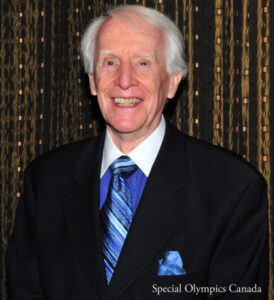 In the early 1960s, Dr. Frank J. Hayden (Windsor, Ontario), a Toronto-based researcher and teacher, demonstrated that, given the opportunity, people with intellectual disabilities could develop physical fitness as well as motor and social skills through sport.
In the early 1960s, Dr. Frank J. Hayden (Windsor, Ontario), a Toronto-based researcher and teacher, demonstrated that, given the opportunity, people with intellectual disabilities could develop physical fitness as well as motor and social skills through sport.
In 1964, at an international congress on sports psychology, he detailed his research exploring the development of a sports program for people living with intellectual disabilities.
On July 20, 1968, thanks to the Joseph P. Kennedy Foundation, the first Special Olympics were held in Chicago. Dr. Frank Hayden served as Director and as one of the nine members of the Board of Directors. A few days later, on August 2, 1968, Special Olympics was officially established by Dr. Frank Hayden, Beverly Campbell, and Wallace Duncan of the Kennedy Foundation.
- Dr. Frank Hayden founded Special Olympics International in 1981 and served as its Director until 1984.
- He became an honorary and permanent member of the Canadian Olympic Association in 1997.
- He was appointed an Officer of the Order of Canada in 2000.
- In 2016, he was inducted into Canada’s Sports Hall of Fame as a Builder.
Noëlla Douglas
Noëlla Paquette Douglas (1927-2017), a pioneer of social inclusion in Quebec, worked as an educator in a rehabilitation centre for people with intellectual disabilities.
In 1978, following a meeting with Harry Foster (founder of the Special Olympics movement in Canada), she sent athletes to compete in Ontario and created sports programs in Quebec for people with intellectual disabilities. The first Quebec Summer Games were held in 1979, and Special Olympics Québec was officially created in 1981.
While continuing her involvement with SOQ athletes, she founded the Pourquoi pas nous theatre company, which develops and presents plays featuring actors living with intellectual disabilities. In 1992, the troupe was invited to represent Quebec at the 5th European Festival of Disabled Artists. The National Film Board immortalized these moments, and Gilles Blais’ film “Les fiancés de la Tour Eiffel” won the Grand Prize at the Abitibi-Témiscamingue International Film Festival and the “Hot Docs / Best Social Documentary” award in Toronto.
In 1985, Noëlla Douglas received the Special Olympics International Volunteer of the Year Award and the Harry “Red” Foster Award, which is given to a select number of individuals who have contributed significantly to the development, visibility, and success of the Special Olympics movement.
In 2012, she was awarded the Queen Elizabeth II Diamond Jubilee Medal in recognition of her contribution to the lives of Canadians.
Today, Special Olympics Québec presents the Noëlla Douglas Award every year to recognize a volunteer’s lifetime achievement.
Recent news
Upcoming events
